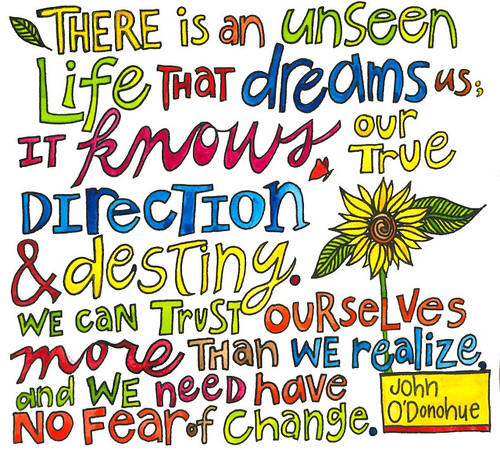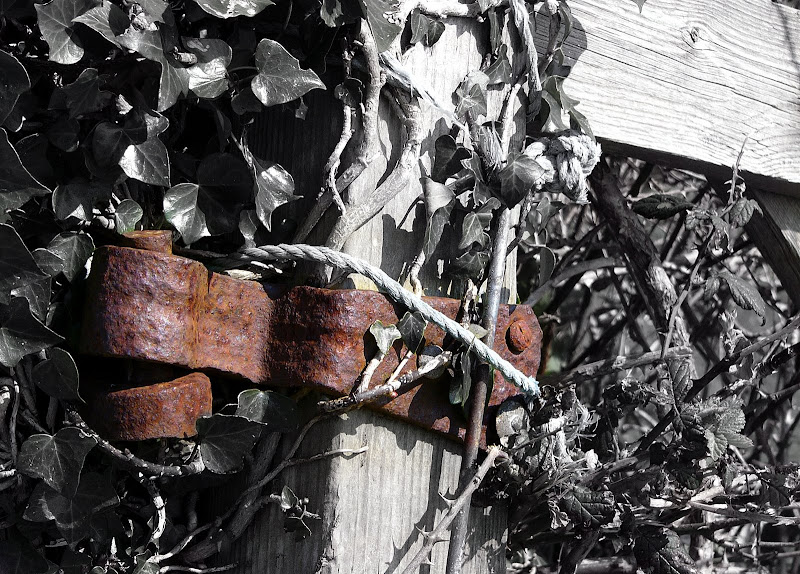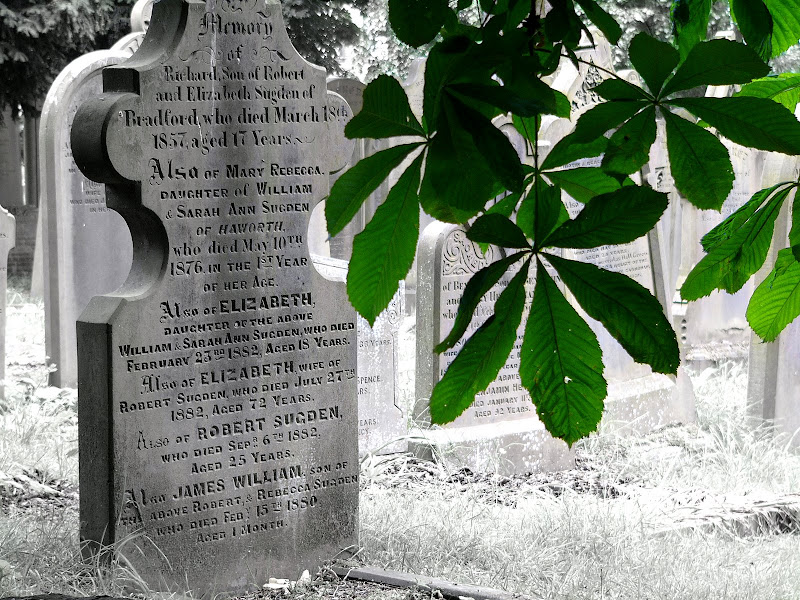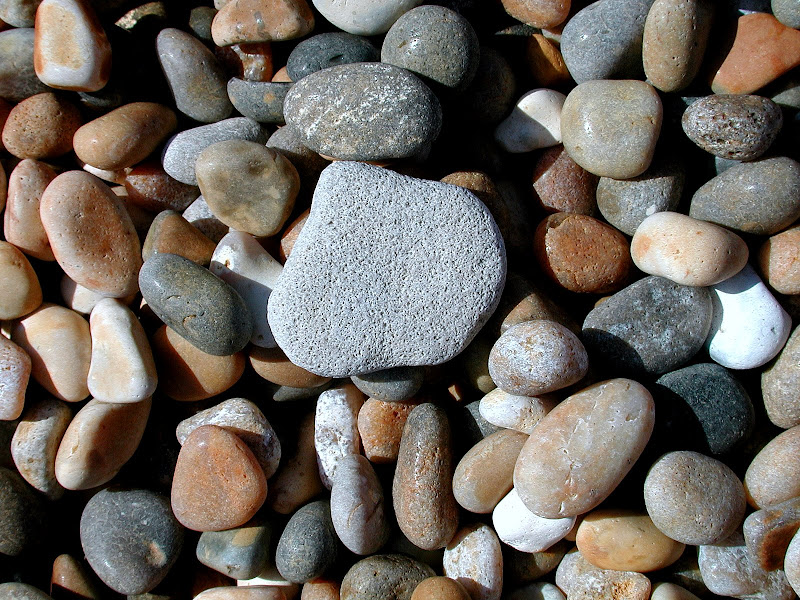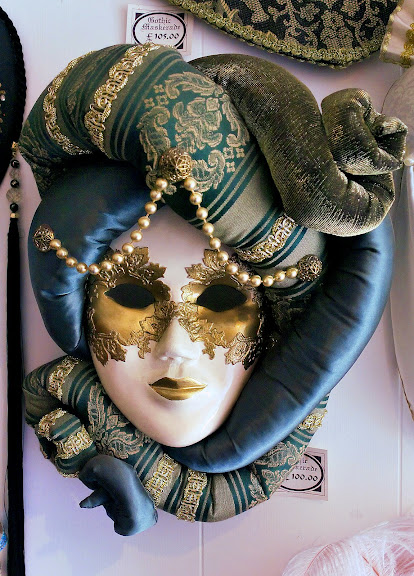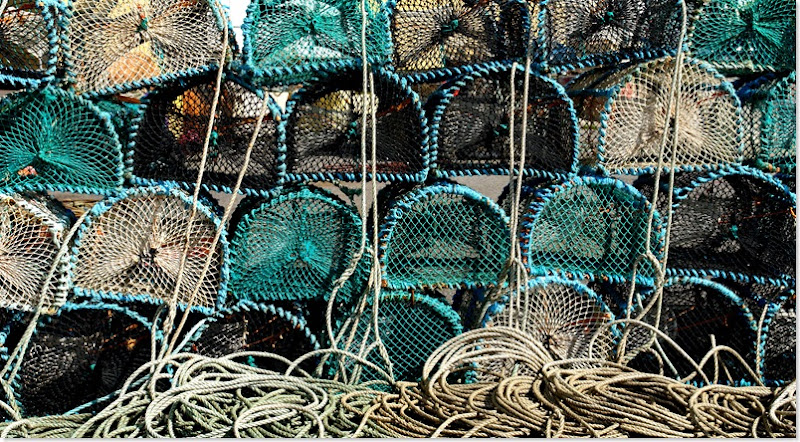With the publishing of the Jerusalem Declaration our Anglican sisters and brothers have woken up today to a new reality within their worldwide communion as GAFCON establishes a church within a church. Naturally enough tensions are high and it will take a while for the more local, practical implications of this initiative to become clear. Methodists like to believe that we are the friends of all and the enemies of none, to quote John Wesley from our friends in the Methodist Church in Ireland. If this is true then perhaps we can offer loving listening and prayerful space to those for whom this is all so trying and emotive. Now 'like' Methodists will feel a natural affiliation with 'like' Anglicans on this one and I can envisage how such support would be welcome. However, will it be the best support that we can offer as ecumenical friends if such conflict is to be transformed - and I mean transformed rather than resolved? If we take a leaf out of the BBC's book a really helpful way forward might be to take a neutral stance and simply offer a holding space for very divergent views to be expressed. Take a look at this helpful side-by-side contrast of conservative and liberal viewpoints on the BBC News website to get a sense of what I mean. I say this out of my own learning within our Methodist context on this one. So far we have resisted schism and have held together. This has been anything other than easy as genuinely making the attempt to pilgrimage together is profoundly sacrificial and involves compromise and give and take; its much easier to throw one's toys out of the pram and stomp off.
The Pilgrimage of Faith in the Methodist Church concerning our resolutions on human sexuality depends for its success or otherwise on our ability to enter into the worldview of those with whom we disagree and, with openness and honesty, dialogue, listen and learn: "In this context, to talk of ‘pilgrimage’ is to envision a journey the exact nature of whose destination is unknown, yet one that is worth taking because of the company of other pilgrims whom we encounter along the way. Different people will travel at a different pace; sometimes events may affect the direction: at other times, personal choice may affect the direction." (2005 report to Conference)
As the report to the Methodist Conference in Scarborough observes: "There are many Methodists who continue to struggle with the Resolutions. Some people see contradictions within the Resolutions themselves, whereas others disagree with part or all of the Resolutions. All people should be supported, and not be made to feel as though they are being asked to conform to a uniform view.The Resolutions are not easy for us to live with - this fact must be recognised by the Church. ..For many people this issue remains deeply personal and difficult to deal with"
So what practically can we do? A refreshingly different clue comes from Brian McLaren, which I picked up from the Emergent Village blog. Brian is responding to this question:
Ok, to my question. I find myself in trouble in my local congregation because I have read and taught from your books. I was recently called a heretic ... HOW, does someone who finds herself as "emergent" exist in a local congregation that is more comfortable with closed systems, black and white answers, rigid orthodoxy and legalistic orthopraxy? I love my church, but feel I am no longer a fit, the problem is, in searching for another system, there are not many churches that have progressed, if I may use that term, to this more "generous orthodoxy."
Brian turns to our imaginations as a resource and offers the following insight:
First, I need to tell you that you're not alone. I hear from so many gifted young leaders like yourself who are facing the same struggle. You're not only not alone now, but this is a common experience back through church history. For example, imagine what it would have been like ...
- to have accepted the unconventional pattern of St Patrick or St. Francis in a church that considered them to be extremists.
- to have believed that Copernicus and Galileo were right about the earth not being in the center of the universe ...
- to have accepted ideas of the Reformation in a church that wasn't yet on board.
- to have become an abolitionist in one of the vast majority of churches that were pro-slavery in the 1830's or 1840's.
- to have believed that Dr. King was right and Jim Crowe laws were wrong in the 1950's or early 1960's here in the US, or to have believed that Apartheid was wrong in white South African churches through the 1980's.
- to have resisted the agenda of the Religious Right in churches that were accepting it hook, line, and sinker in the 1980's and 1990's and early 2000's ...
I know that doesn't solve your problem, but I hope it gives you some perspective. To be faithful to Jesus is a rough go more often than not.
I find this approach really helpful. It helps me to get inside the divisive issues of sexuality and biblical interpretation from a dynamic which has the potential to transform the way such contentious matters of ingroup / outgroup are handled. However, to really do this you have to go one step further than Brian suggests and flip the imaginative task over to enter into the experience of those who resisted the innovations he lists. In each case I wonder what it would have been like for them to have their cherished bedrock of belief shaken by the tremors of paradigm shift, along the deep theological fault lines beneath their feet? I believe that we have to keep on listening to one another in this way, entering as far as we can into the space of the other with empathy, humility and unconditional positive regard. There is no quick fix, just a long, difficult journey together.
With this in mind I find that Sara Savage and Eolene Boyd-Macmillan from the University of Cambridge offer much practical wisdom on how our journey can be understood, re-framed and transformed in their excellent book The Human Face of Church. Here are a few significant snippets:
In churches, conflicts will continue to arise over different interpretations of scripture, moral values, mission priorities, worship style, leadership structure, finances...the list is endless. In an age of traditional church decline, the very notion of church is itself undergoing redefinition as fresh expressions of church emerge. Our headline should read: 'Expect more - not less - conflict!'
To repeat our mantra: conflict can be a positive learning experience...through conflict, our reflective processes deepen, our capacity for coping with cognitive dissonance expands, and our ability to interact with people with whom we disagree develops....
Yes, the difficult person in your church might be you. Due to stress, problems at home or work, you might be the difficult person around whom your faith community tiptoes. Learning to care for yourself might be the most important gift you can bestow upon your church...We're talking about protecting yourself from habits like taking everything personally, feeling indispensable, allowing yourself to be bullied, trying to control everything, or simply forgetting how to laugh...
We will never arrive at a pain-free, problem-free faith community...It is impossible to attain a static, problem free state - unless we are dead. If we are engaged in fresh expressions of church with the hope of getting away from the unresolved pain of traditional church, then we will slam into disappointment like a brick wall.
A recipe for survival contains ingredients such as: realistic expectations towards faith communities, fresh or traditional. Shake together and bake. Then wrap in a generous, varied patchwork quilt of 'self pastoral care'. By this, we do not mean self-help strategies, but a commitment to spiritual growth in community with responsible self-awareness. Humility will help us survive those inevitable winters of discontent: humility concerning ourselves, the church, God.'
It is that last sentence which gets me and I offer it to our Anglican sisters and brothers. Maybe the opposite of certainty is not uncertainty, but humility. Humility is the earth out of which God can grown new and beautiful expressions of what it means to follow Jesus in our time and place.
These two photographs were taken inside Binham Priory in Norfolk. The remains of the old rood screen were displayed behind a protective perspex sheet. What is remarkable is that over time the original medieval paintings have begun to show through the later post-Reformation overpainting, which was done in white with Gothic black-letter texts from Cranmer's Bible of 1539. Quite simply the people were obliterated with words. They were painted out of the picture and lost to sight.
 This realisation of our God-graced one-ness may yet help us to hold together in our tensions and disputes, for we are all made in God's image. And God sees through the overpainting.
This realisation of our God-graced one-ness may yet help us to hold together in our tensions and disputes, for we are all made in God's image. And God sees through the overpainting.


![[MugabeAd.jpeg]](https://blogger.googleusercontent.com/img/b/R29vZ2xl/AVvXsEjOxW0DMEmPorvNMH0YabbvWhvoEyrNHwQu2anNWc2pQ2ZvYFKfomoiN-8By-2NCXLGmFiFZIwFvvpfNWXeCSr-1XqU1gufUnXnn0SAss46E7Gz5ZDUL96_W3tCDebyeXvfnMJoIPMBnS0/s1600/MugabeAd.jpeg)

